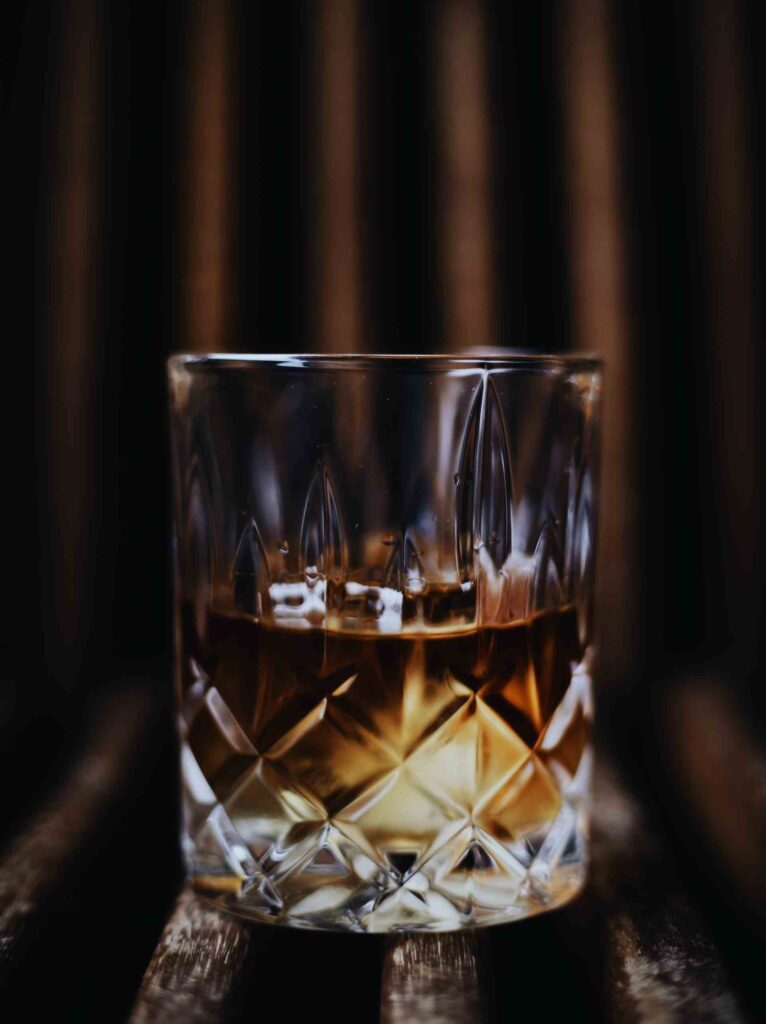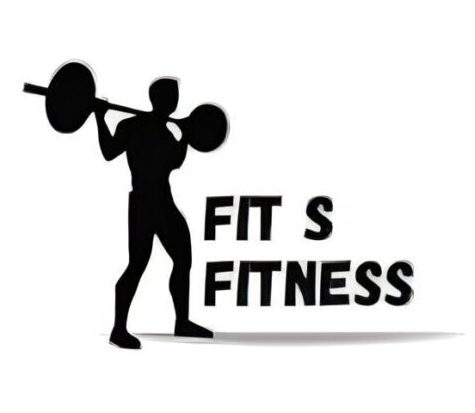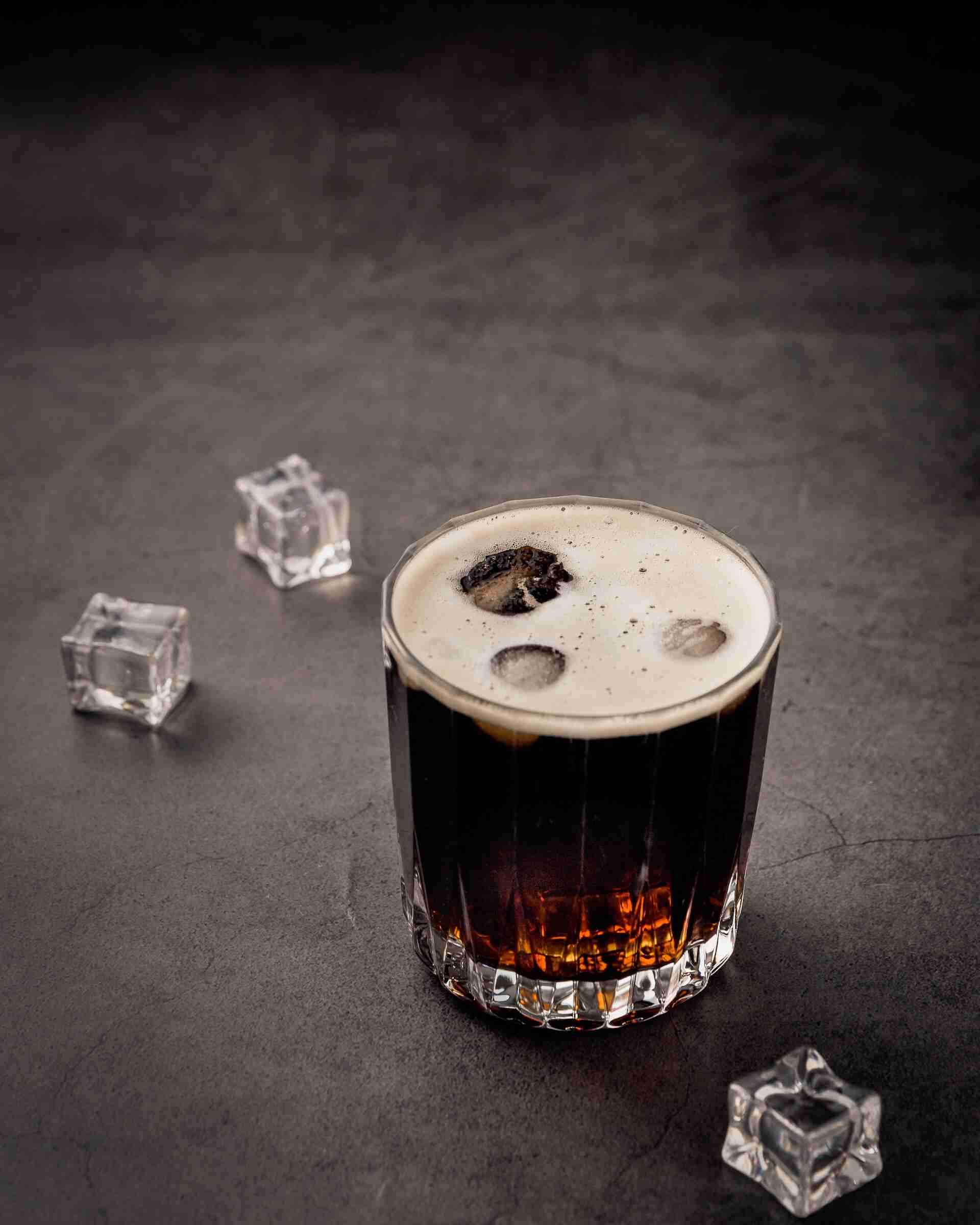Introduction
When it comes to weight loss, many factors can influence your progress, including your diet, exercise routine, and lifestyle choices. One such factor that often goes overlooked is alcohol consumption. While enjoying an occasional drink may seem harmless, alcohol can have a significant impact on your weight loss goals. In this article, we will explore seven eye-opening stats that highlight the effects of alcohol on weight loss. So, let’s dive in and uncover the truth about alcohol and its impact on your journey to a healthier weight.

The Relationship Between Alcohol and Weight Loss
Alcohol and weight loss may not seem directly related, but the calories and effects of alcohol can hinder your progress. Alcohol is metabolized differently than other nutrients, and its consumption can lead to increased calorie intake, impaired fat burning, decreased nutrient absorption, poor sleep quality, decreased motivation for exercise, and an increased risk of overeating. Understanding these statistics can help you make more informed choices and better align your alcohol consumption with your weight loss goals.
Stat 1: Caloric Content of Alcohol
Alcohol is not calorie-free. It is relatively high in calories compared to other macronutrients. One gram of alcohol provides seven calories, which is nearly as calorie-dense as fat. Cocktails and mixed drinks often contain added sugars and syrups, further increasing their calorie content. Consuming alcoholic beverages can quickly add up to your daily calorie intake, making it harder to create a calorie deficit for weight loss.
Stat 2: Alcohol and Increased Appetite
Alcohol has been found to increase appetite and stimulate hunger hormones. This can lead to overeating and consuming more calories than you intended. Additionally, alcohol can lower inhibitions and impair judgment, making it more challenging to make mindful food choices. The combination of increased appetite and decreased self-control can hinder your weight-loss progress.
Stat 3: Alcohol and Impaired Fat Burning
When you drink alcohol, your body focuses on breaking it down before anything else. This means that fat burning is temporarily put on hold while your body processes the alcohol. As a result, consuming alcohol can slow down your metabolism and hinder fat loss. Additionally, excessive alcohol consumption can lead to the accumulation of liver fat, further impeding your weight-loss efforts.
Stat 4: Alcohol and Decreased Nutrient Absorption
Alcohol can affect how our body absorbs and uses important nutrients, such as vitamins and minerals. Excessive alcohol consumption can impair the absorption of nutrients like vitamin B12, thiamin, folate, and zinc, which are vital for overall health and metabolism. Inadequate nutrient absorption can negatively impact your weight loss progress and overall well-being.

Stat 5: Alcohol and Poor Sleep Quality
While alcohol may initially make you feel drowsy and help you fall asleep faster, it can disrupt your sleep quality. Alcohol interferes with the normal sleep cycle, leading to fragmented and less restorative sleep. Poor sleep quality can affect your metabolism, appetite regulation, and energy levels, making it harder to achieve your weight-loss goals.
Stat 6: Alcohol and Decreased Motivation for Exercise
Alcohol can decrease your motivation and willingness to engage in physical activity. After consuming alcohol, you may feel lethargic, dehydrated, and less inclined to exercise. Regular exercise is crucial for weight loss as it helps burn calories, build muscle, and boost metabolism.
Stat 7: Alcohol and Increased Risk of Overeating
Alcohol can impair your judgment and decision-making abilities, increasing the likelihood of overeating. It can lower inhibitions and lead to mindless snacking or indulging in calorie-dense foods. Additionally, alcohol can disrupt your hunger and fullness cues, making it harder to gauge when you are satisfied. These factors can contribute to overeating and hinder your weight-loss efforts.
Conclusion
While alcohol can be enjoyed in moderation, it’s important to understand its impact on your weight-loss goals. The caloric content of alcohol, its effect on appetite, impaired fat burning, decreased nutrient absorption, poor sleep quality, decreased motivation for exercise, and increased risk of overeating are all factors that can hinder your progress. Being mindful of your alcohol consumption and making informed choices can help you strike a balance between enjoying a drink and staying on track with your weight-loss journey.




